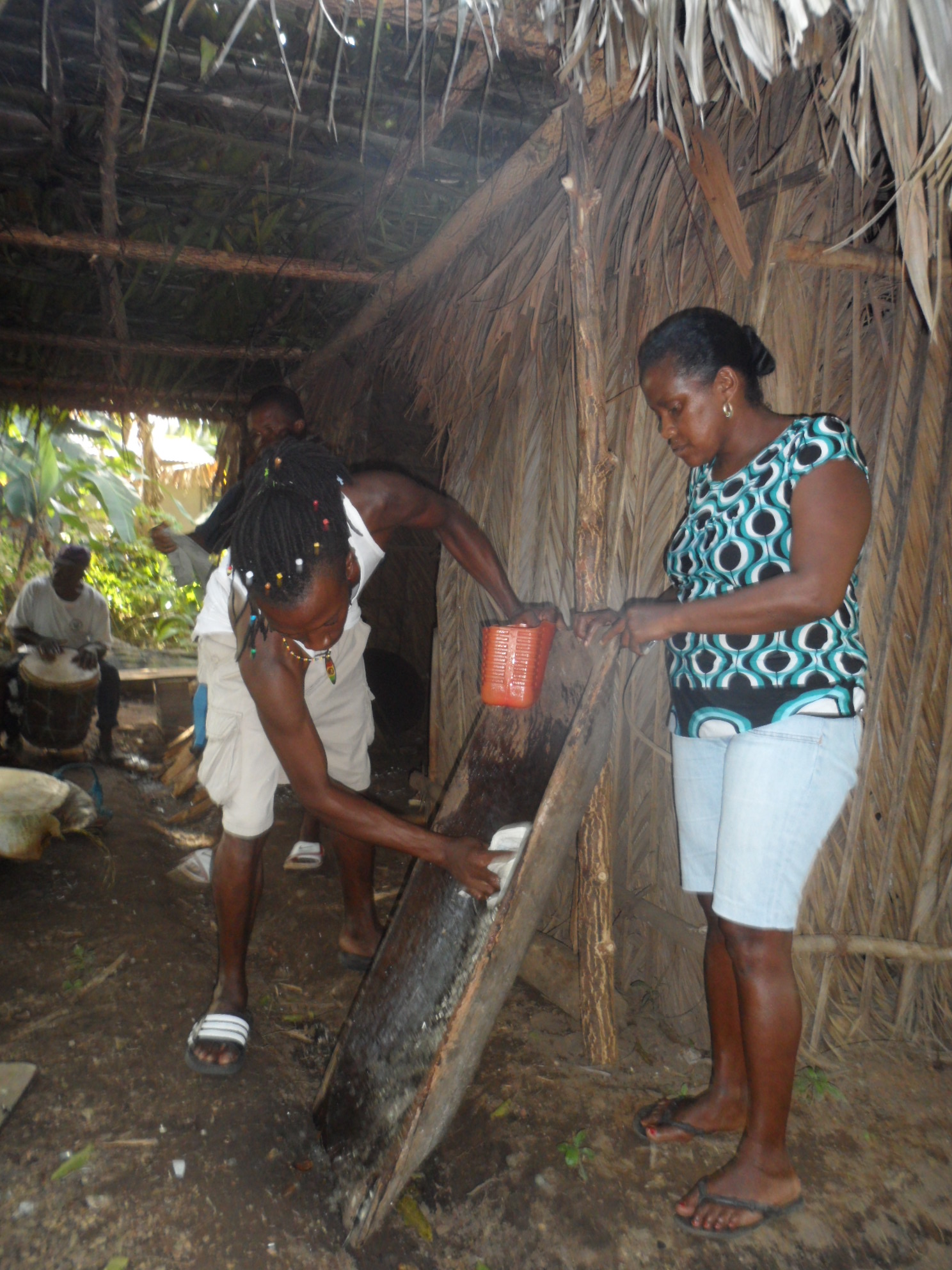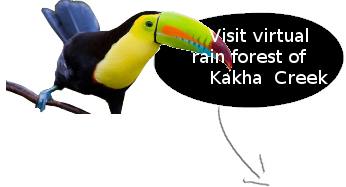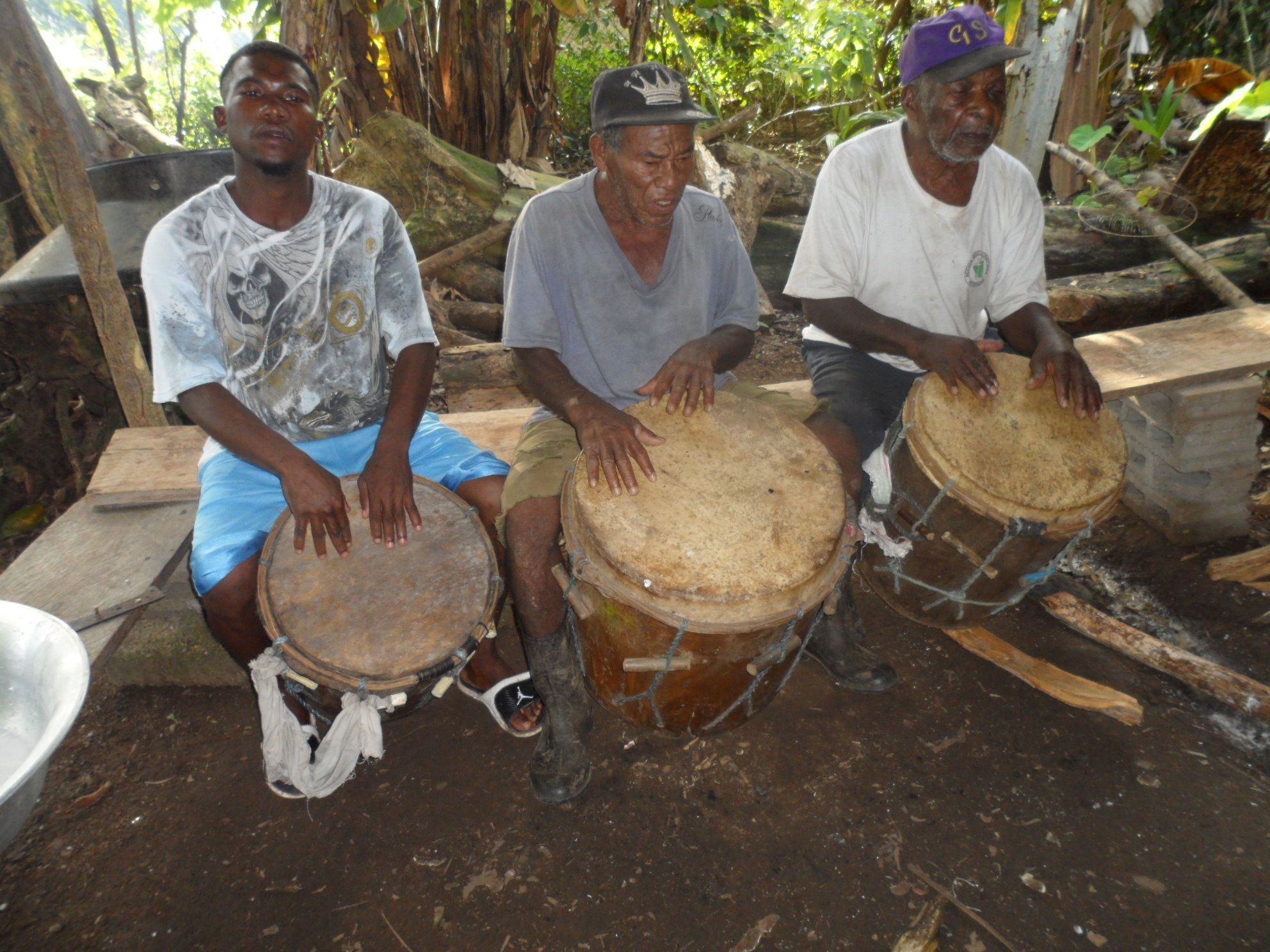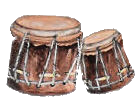With reverence, joy, and a sense of duty women from one extended family wade out to meet returning fishing boats as part of a ritual called the Walagallo in Nicaragua and dügü in other garifuna regions—the most sacred ceremony of the Garífuna religion. When a family experiences persistent problems, the spirits of their dead ancestors request a dügü to reestablish spiritual, physical, and social harmony. All relatives must attend, whether they live on a tiny Nicaraguan village or in New York City. At this dügü in Marshall Point, a remote village in Nicaraguan Caribbean coast, family members also came from Honduras, and the U.S. After three days of fishing the boats return, and the family marches to a temple for two days of drumming and singing. During a dance called the malí, dancers believe they can summon healing by capturing the spirits of their ancestors. If the ancestors are appeased, the family will heal. This ritual brings family members together, strengthening the bonds that unite the Garífuna.






